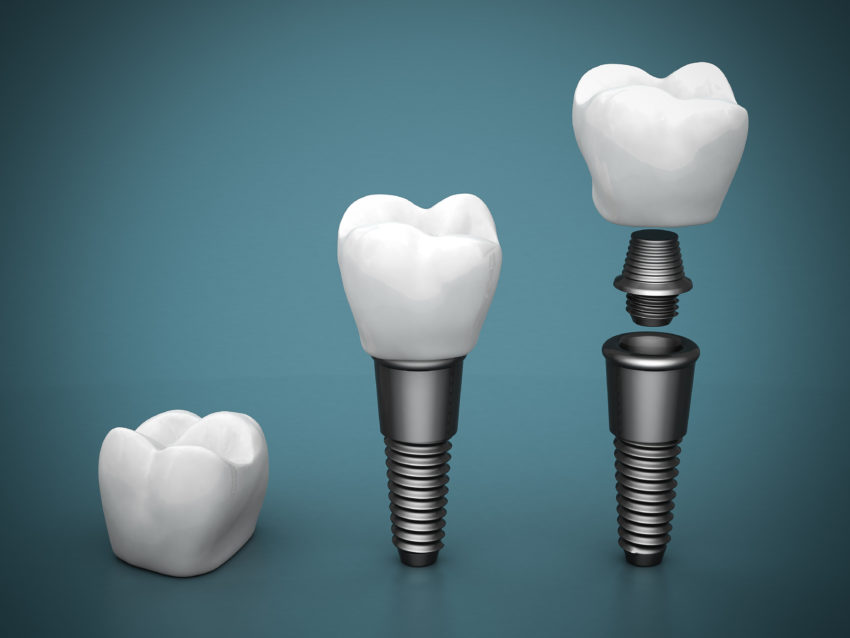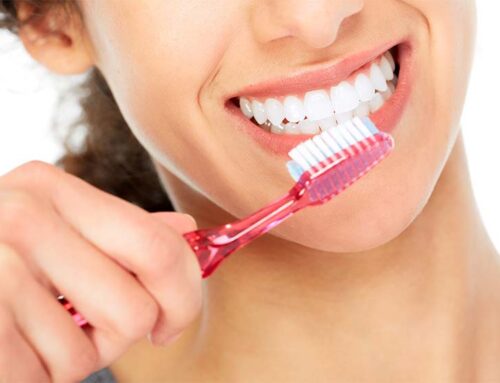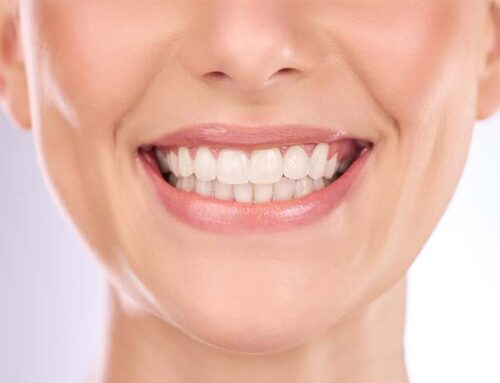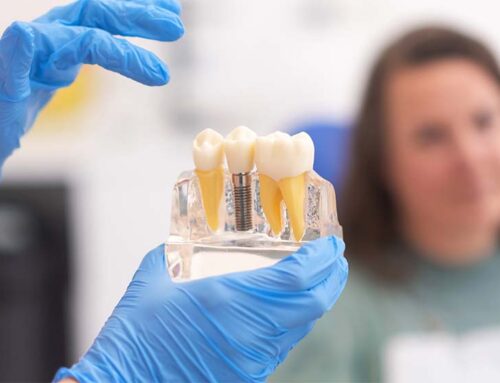Do you have missing teeth? Are you interested in implants as an option to replace your missing tooth? Dental implants are the closest option to our actual teeth, because these prostheses are used to replace the missing root structure of the tooth. All other prostheses available are applied only to the visible structure of the tooth. Dental implants, which replace the root structure of the tooth, can be used as dental crowns for decades.
Since dental implants are attached to the bone structure for support, there are some requirements for their implementation. The most important issue in determining whether a person is a suitable candidate for dental implants is the health of the jawbone and the history of oral health of the patient. Conditions such as severe bone atrophy or advanced periodontal disease can make this treatment option inapplicable. For this, your periodontist may place dental implants and may offer treatment for gum disease.
Why is the health of your bone structure so important for dental implant?
Bone structure forms the basis for the support system of the dental implants. Dental implants function in the same way as real tooth roots; therefore, it is important that they have support structures in the same way as biologic teeth. Teeth get their support from the jawbone. It is bone that keeps the teeth or dental implants in place. In the absence of adequate bone structure, dental implants can fail. A process called “osseointegration” makes dental implants more durable. This is a natural biologic process that occurs when bone fuses to titanium (the metal used to make implants). In cases where the bone is too thin or dense, there is not enough tissue to fuse to the implant.
What about gingival health and implants?
Like bone, gum tissue is also a support structure for dental implants. Gums support dental implants as well as supporting real teeth. Furthermore, it protects bone by covering over them. If the gums are not healthy, they may recede and infection may occur. When there is an advanced periodontal disease in the gums, it can damage the bones by causing tissue deterioration.
To find out more about dental implants and gum health and to make an appointment with our dentist, feel free to call our clinic!







Leave A Comment